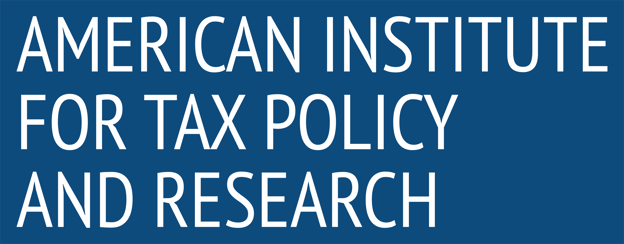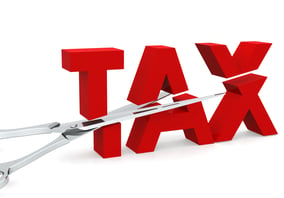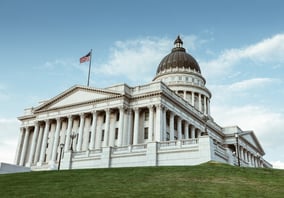INSIGHTS
Extending the TCJA would slightly boost economic growth in the short term, increasing GDP and household incomes. However, the long-term impact includes rising federal deficits that would outweigh the benefits, offsetting only a small portion of the $4 trillion cost.
Extending TCJA tax cuts would provide a modest economic boost but fall far short of paying for itself. The American Institute for Tax Policy and Research (AITPR) estimates that continuing the expiring provisions of the 2017 Tax Cuts and Jobs Act (TCJA) would increase GDP by 0.4 percent in the short term.
Toder highlights that in the short term, the corporate tax burden primarily affects shareholders through lower returns on investment. However, in the long run, capital mobility allows investors to shift their resources to lower-tax jurisdictions, which can reduce domestic investment and slow wage growth. This global perspective on tax incidence has gained prominence with increased capital mobility and the growth of multinational corporations.
The American Institute for Tax Policy and Research (AITPR) reports that Senate Republicans are preparing to move forward with budget reconciliation ahead of the House. According to The Hill, Senate Budget Committee Chair Lindsey Graham (R-SC) is briefing Republican senators on a resolution that would advance two major legislative packages.
The European Union’s Value-Added Tax (VAT) system, a cornerstone of its fiscal policy, is one of the most significant sources of revenue for member states. However, despite its role in ensuring stable public finances and harmonizing tax collection across borders, the current VAT framework faces persistent challenges related to complexity, fraud, compliance burdens, and economic distortions. This critique highlights the inefficiencies and shortcomings of the EU’s VAT policy while exploring potential reforms for a more effective system.
Corporate taxation remains one of the most debated topics in economic policy, as governments seek to balance business incentives with the need for fair revenue collection. While lower corporate tax rates can encourage investment and job creation, they also pose challenges in generating adequate tax revenue for public services.
Corporate tax rates play a crucial role in shaping economic competitiveness, influencing where businesses choose to invest and expand. While some countries maintain high tax rates to generate government revenue, others adopt lower rates to attract foreign investment. This article explores how the U.S. corporate tax rate compares to global counterparts and what it means for businesses and policymakers.
Corporate taxation remains one of the most debated topics in economic policy, as governments seek to balance business incentives with the need for fair revenue collection. While lower corporate tax rates can encourage investment and job creation, they also pose challenges in generating adequate tax revenue for public services. Policymakers worldwide are exploring strategies to strike a balance between fostering economic growth and ensuring that corporations contribute their fair share.
As climate change intensifies, governments worldwide are turning to fiscal policies to encourage sustainable practices. Green tax incentives are a key tool in this effort, providing tax breaks and credits for businesses and individuals that invest in renewable energy, energy-efficient technologies, and environmentally friendly infrastructure.
The American Institute for Tax Policy and Research (AITPR) reports that Senate Republicans are preparing to move forward with budget reconciliation ahead of the House. According to The Hill, Senate Budget Committee Chair Lindsey Graham (R-SC) is briefing Republican senators on a resolution that would advance two major legislative packages.






















